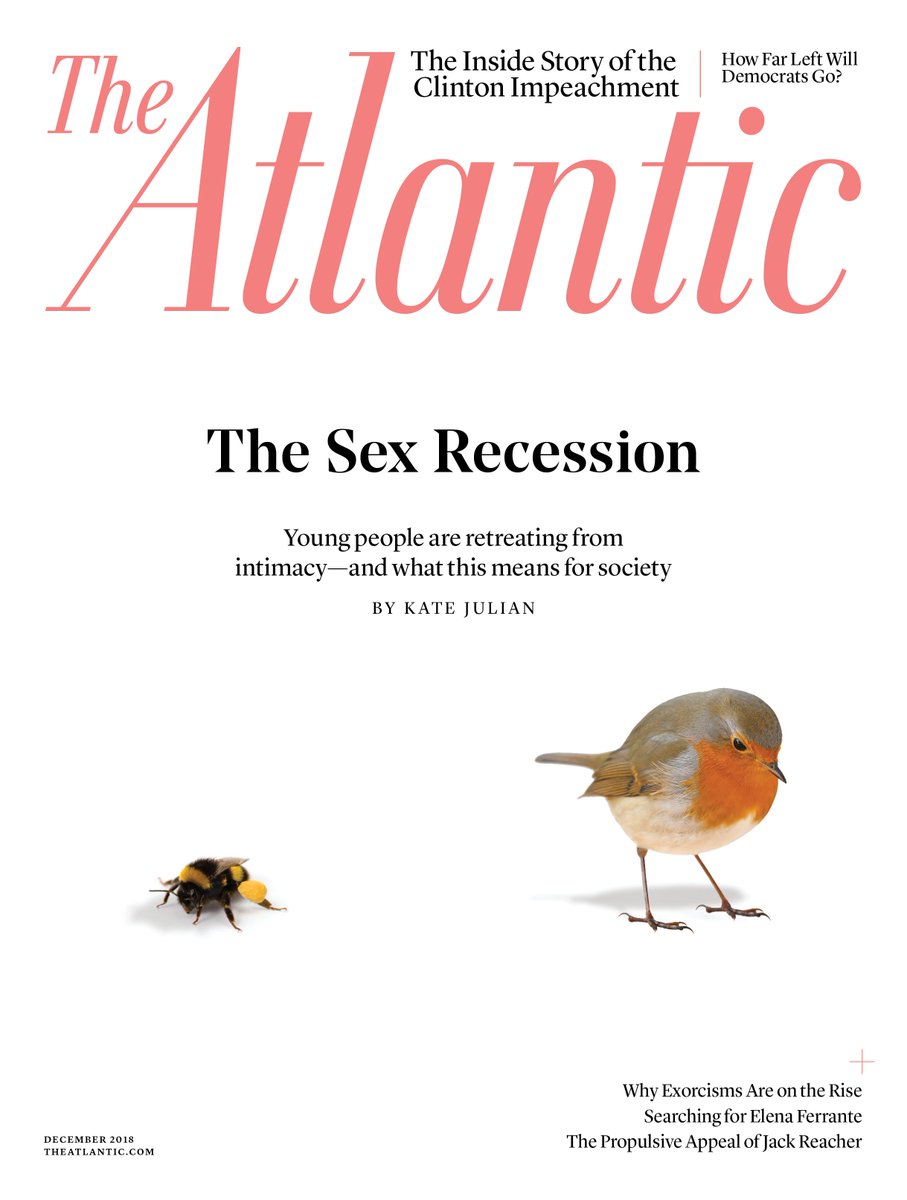I know we’re all enamored with the new Christmas tradition of blowing up an entire city block on Christmas Day, so I must join the chorus of concerned folks who worry that if we don’t provide a forum for people who want to blow up city blocks, a vital Xmas tradition will be lost.
1. (THREAD) So, it seems like the deplatforming debate is once again kicking off, so I thought I would introduce some of the earlier work that was done in this area back when ISIS was buck wild on social media. What have we learned over the last six years might be useful today:
— Amarnath Amarasingam (@AmarAmarasingam) January 10, 2021
More from Emily of the State
This is likely false. Onions are a folk remedy for pepper spray.
Wait, so Elizabeth from Knoxville, who claims she was maced after storming the Capitol, was dabbing her eyes with an onion towel? pic.twitter.com/99UvDcS0Rj
— Mike P Williams (@Mike_P_Williams) January 7, 2021
The theory, which has some merit, is that since onions make you cry, it helps flush the irritants from your eyes with natural tears.
However, this is not recommended as a treatment for pepper spray and is ultimately not very effective.
Pepper spray, tear gas, mace, CN, HC, and other agents are best removed with a flush of water or, if you have the proper mixture, saline. Nothing else.
We do not do chemistry in our eyeballs. We are not putting chemicals in our eyes. We are not putting produce in our eyes. We are removing the chemicals with safe, neutral water.
More from Society
One thing I've been noticing about responses to today's column is that many people still don't get how strong the forces behind regional divergence are, and how hard to reverse 1/ https://t.co/Ft2aH1NcQt
— Paul Krugman (@paulkrugman) November 20, 2018
See this thing that @lymanstoneky wrote:
And see this thing that I wrote:
And see this book that @JamesFallows wrote:
And see this other thing that I wrote:
You May Also Like
Who are these chuds?
Patriot Front broke away from white nationalist org Vanguard America following #unitetheright in #charlottesville after James Alex Fields was seen with a VA shield before driving his car into a crowd, murdering Heather Heyer & injuring dozens of others
Syed Robbie Javid a.k.a. Sayed Robbie Javid or Robbie Javid of Alexandria,
Happy Monday everyone :-) Let's ring in September by reacquainting ourselves with Virginia neo-Nazi and NSC Dixie affiliate Sayed "Robbie" Javid, now known by "Reform the States". Robbie is an explicitly genocidal neo-Nazi, so lets get to know him a bit better!
— Garfield but Anti-Fascist (@AntifaGarfield) August 31, 2020
CW on this thread pic.twitter.com/3gzxrIo9HD
Antoine Bernard Renard (a.k.a. “Charlemagne MD” on Discord) from Rockville, MD.
https://t.co/ykEjdZFDi6

Brandon Troy Higgs, 25, from Reisterstown,























